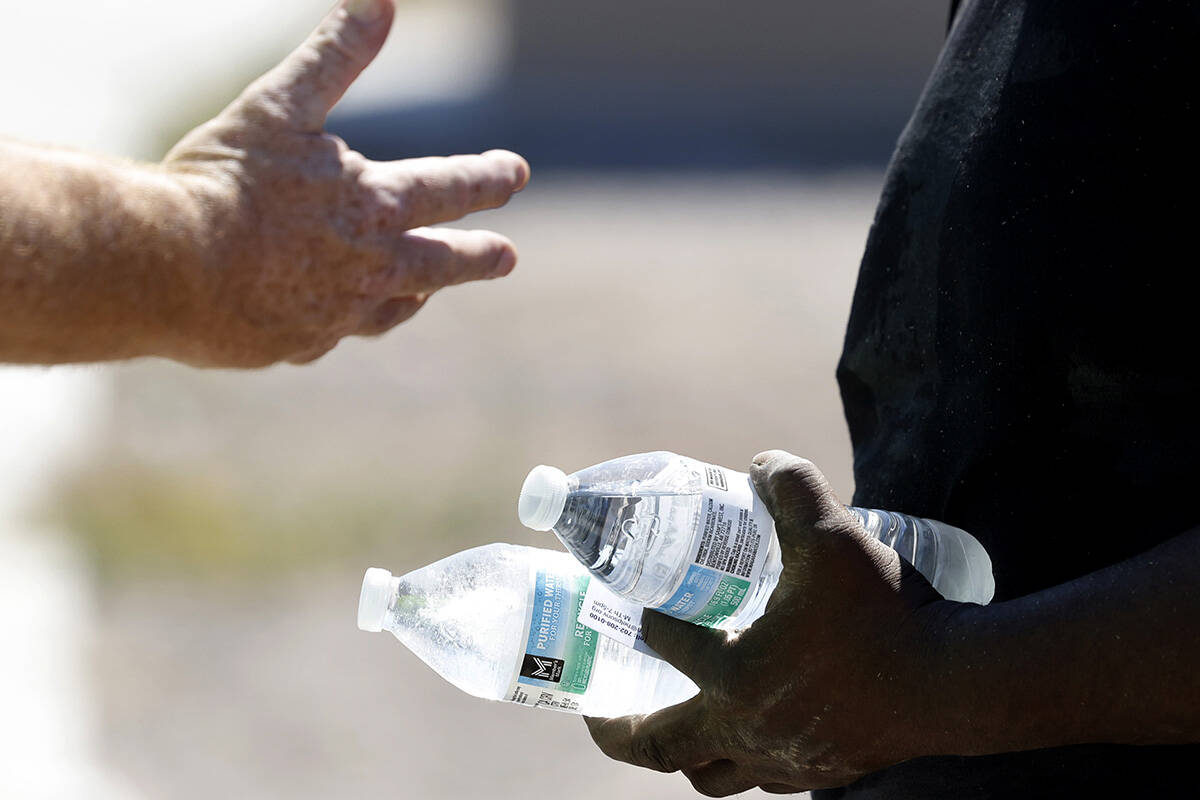Should FEMA do more about extreme heat? Titus’ bill would require it

As extreme heat ravages communities across the country, the Federal Emergency Management Agency may soon take a more active role in responding, thanks to a bill introduced Thursday in the U.S. House of Representatives.
Rep. Dina Titus, D-Nev., and Rep. Greg Stanton, D-Ariz., are sponsoring the Extreme Weather and Heat Response Modernization Act, with the support of Nevada-based research hub Desert Research Institute and the city of Las Vegas.
“Extreme heat events kill more people annually than hurricanes and tornadoes combined, and emergency room visits for heat-related illnesses are on the rise,” Titus said in a statement. “My bill will provide FEMA with the flexibility to expand its suite of mitigation measures against extreme heat, including cooling centers.”
The bill could compel FEMA to treat extreme heat with more urgency, commissioning a study about heat’s impact on infrastructure and the economy and unlocking hazard mitigation grants for air conditioning and cooling centers. FEMA also would create an advisory board to review how it indicates what is a disaster and would need to provide cities with more guidance on mitigating heat.
Las Vegas broke its all-time heat record Sunday, with the National Weather Service’s airport station recording 120 degrees — three degrees higher than any temperature it had recorded since official weather observations began in 1937.
The heat wave has continued throughout the week with a six-day streak of temperatures above 115 degrees. Data from science communications firm Climate Central has shown that Las Vegas’ sweltering heat as of late has been made at least five times more likely because of human-caused climate change.
Carolyn Levering, the city of Las Vegas’ emergency manager, praised Titus’ bill in a statement, calling it a necessary step forward for how federal agencies like FEMA interact with cities across the country.
“It makes sense that our traditional response to extreme weather events, especially extreme heat, should be reviewed to more carefully consider the effects of these events on our critical infrastructure, public health, and overall economy,” Levering said. “Passage of this act will support important studies and make resources more accessible to our region.”
Contact Alan Halaly at ahalaly@reviewjournal.com. Follow @AlanHalaly on X.